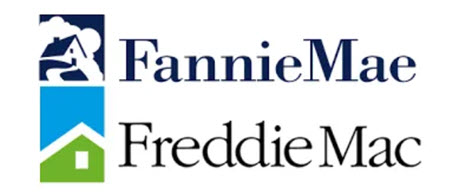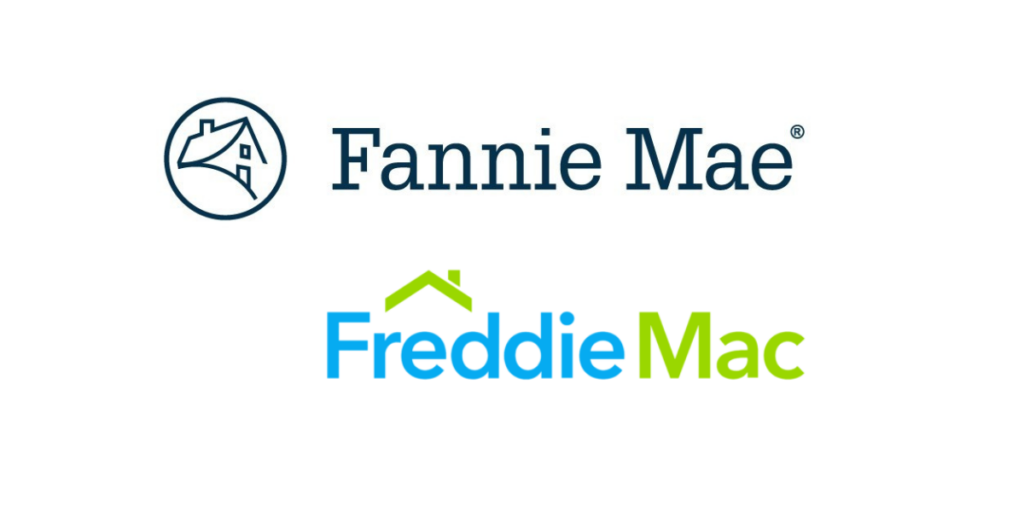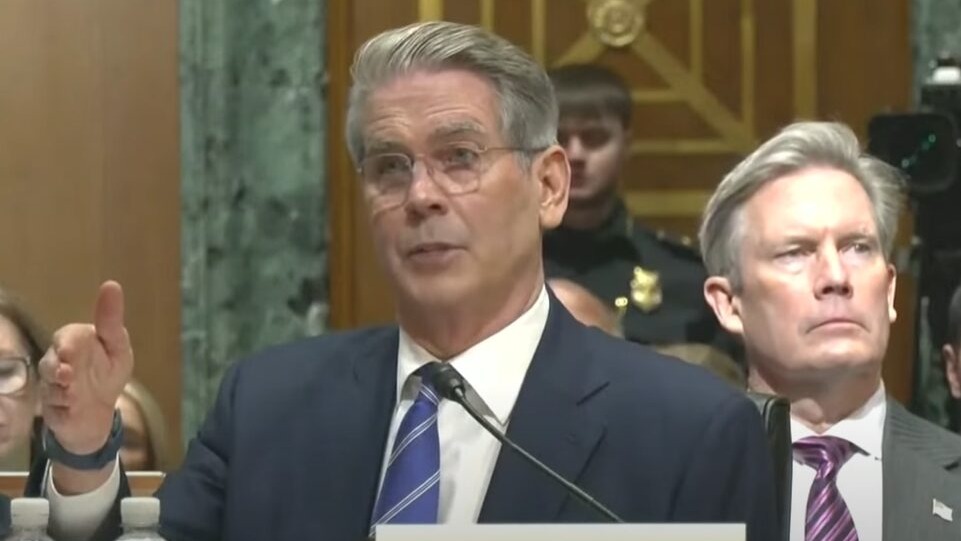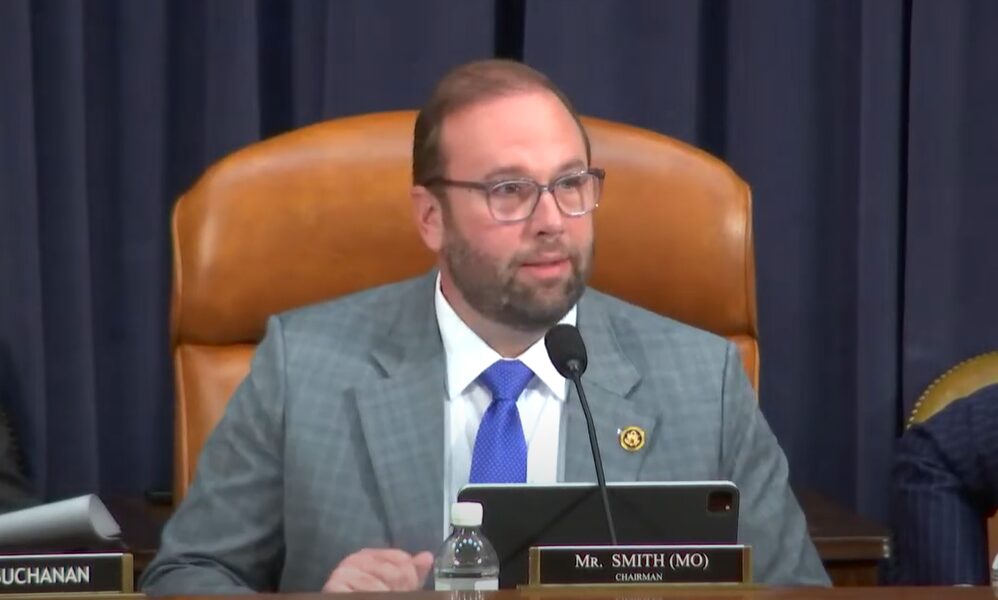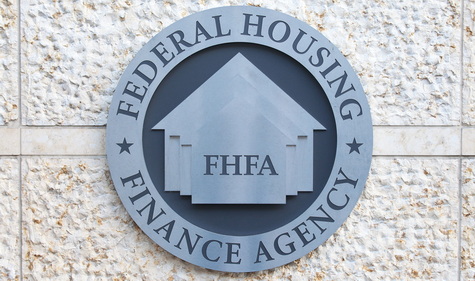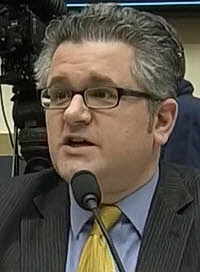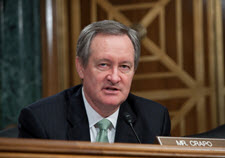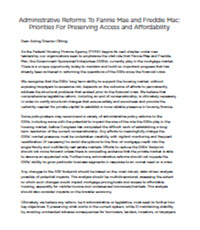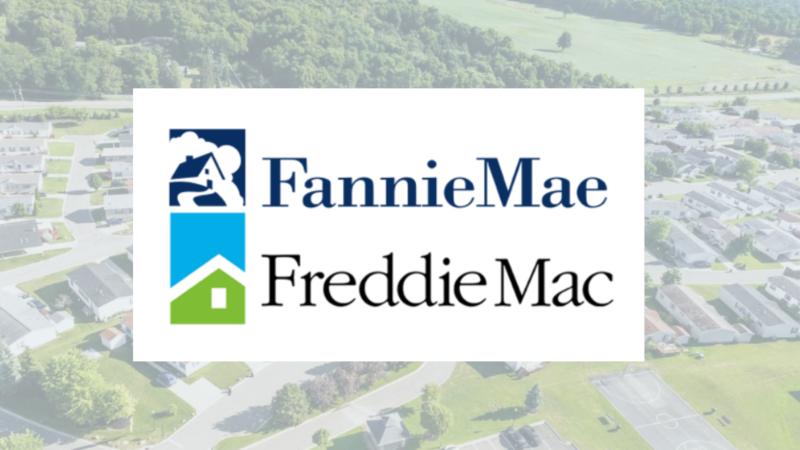
After nearly 17 years in government conservatorship, Fannie Mae and Freddie Mac may be heading for a significant shift. President Donald Trump recently indicated he is considering taking the government-sponsored enterprises (GSEs) public, renewing efforts to release them that began during his first administration.
GSE Reform
- Trump emphasized that any transition would retain the federal government’s implicit guarantees. “I am working on TAKING THESE AMAZING COMPANIES PUBLIC, but I want to be clear, the U.S. Government will keep its implicit GUARANTEES, and I will stay strong in my position on overseeing them as President,” Trump said in a post on Truth Social. (Axios, May 27)
- The GSEs have been in federal conservatorship since 2008, and the administration has not yet detailed how the proposed transition would work.
- Congressional action would likely be required to change their legal status.
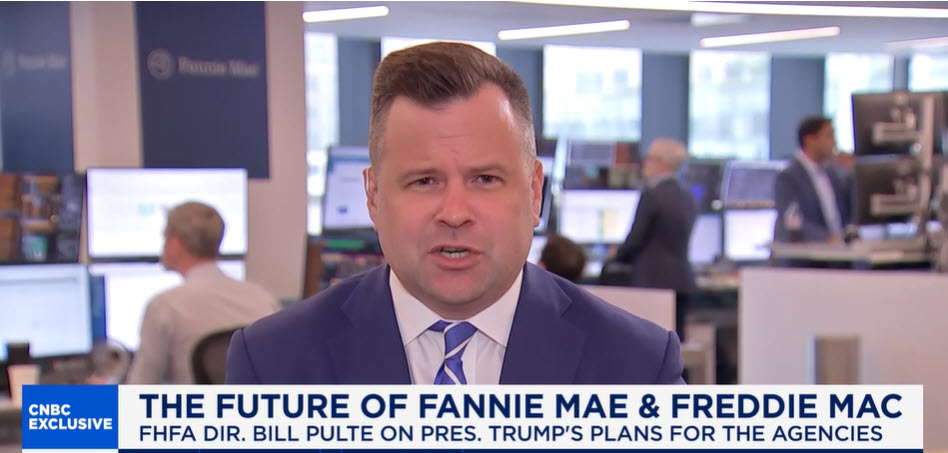
- “Interestingly, the president has not said anything that he wants to end conservatorship,” Federal Housing Finance Agency (FHFA) Director Bill Pulte said during a CNBC interview. “We’re studying actually potentially keeping it in conservatorship and taking it public.” (Barrons, May 29)
- Pulte said he would be meeting with Treasury Secretary Scott Bessent and Commerce Secretary Howard Lutnick about potential options for the two entities. (Bloomberg, May 29)
- Experts warn that without careful implementation, privatization could increase mortgage rates. Both Bessent and Pulte have said they will not support a GSE release that results in higher costs for borrowers.
- The limited government guarantee is critical to attract private capital without spiking borrowing costs, and support for affordable and underserved housing must remain a priority, regardless of ownership structure, say the National Multifamily Housing Council (NMHC) and the National Apartment Association (NAA).
- RER supports sensible GSE reform that preserves and strengthens America’s housing infrastructure, ensuring financial stability and continued liquidity for ownership, rental housing, and underserved markets. (Roundtable Weekly, May 23)
View from the Hill
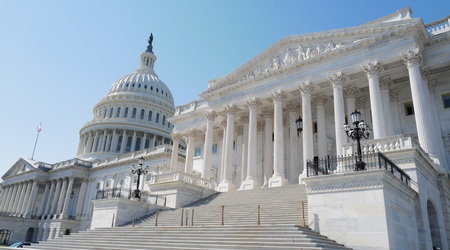
- While no active GSE reform legislation is under consideration in Congress, lawmakers from both parties are seeking more clarity from the administration.
- Senate Banking Committee members have signaled interest in a structured release, with Senate Republicans expressing cautious optimism and Senate Democrats raising concerns about potential disruptions to an already stressed housing market. (CBS News, May 27)
- Sen. Mark Warner (D-VA) expressed support for a “smart release plan that wouldn’t disrupt the market.” (Punchbowl News, May 27)
- “You do this the wrong way, you’re going to screw up a housing market that’s already teetering because of lack of supply,” said Warner. (PoliticoPro, May 23)
- Sen. Kevin Cramer (R-ND) stated, “I’d want to see the plan, I’d want to talk about transition.”
- House Financial Services Committee Chairman French Hill (R-AR) noted that “certain important reforms are only possible through statutory changes,” reinforcing that Congressional involvement will likely be necessary.
RER will remain actively engaged on GSE reform through our working group and housing and coalition efforts. We encourage members to provide input as we continue to monitor developments and advocate for policies that support liquidity, stability, and affordability in the housing finance system.
